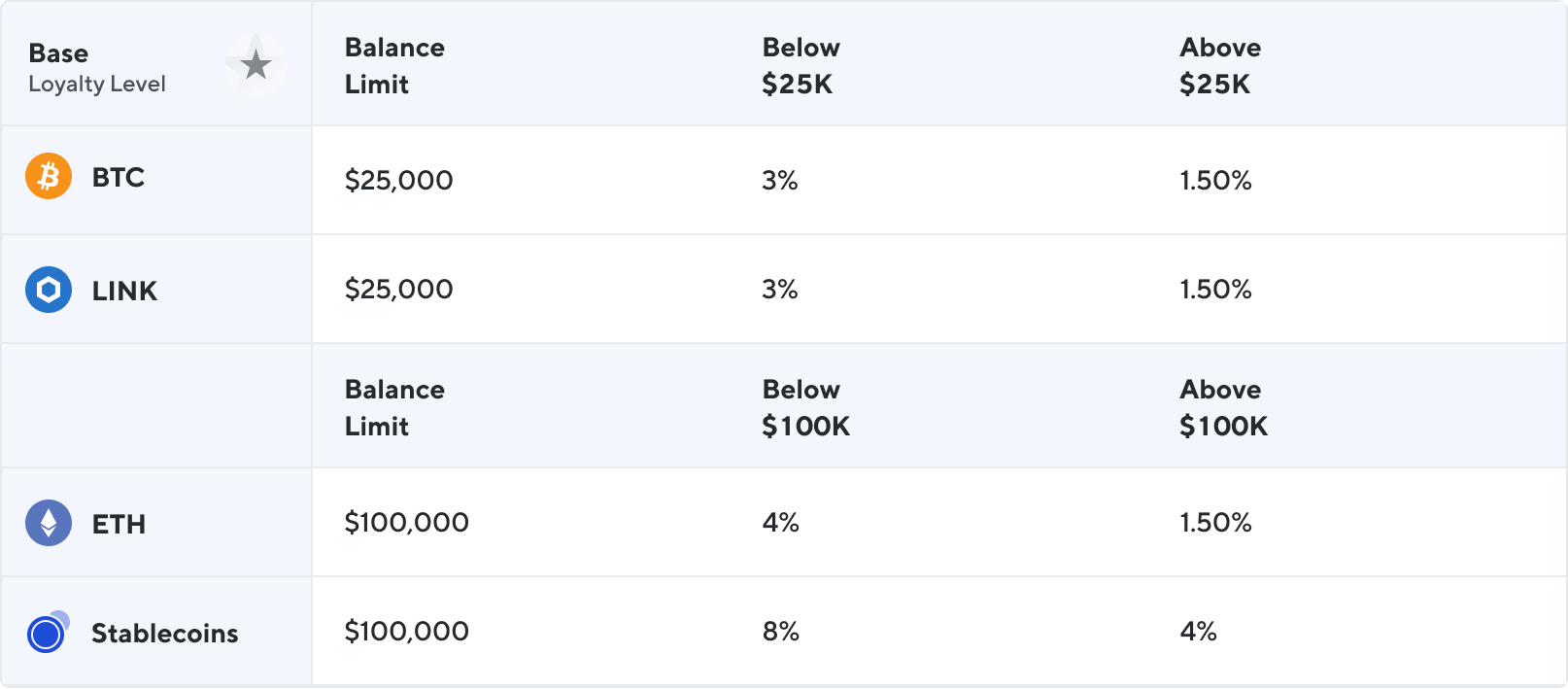The "contagion effect" started by FTX/Alameda is sweeping away an increasing number of centralized lenders and trading exchanges. Users act quickly at the slightest rumor and withdraw their funds from potentially vulnerable platforms. Is a bank run also brewing for Swiss service provider Nexo?
2022 was marked by a series of high-profile bankruptcies of various multi-billion crypto companies. FTX is yet another collateral damage of an industry that, blinded by an unprecedented bull market, completely ignored the possibility of a credit crisis, bringing itself down. Companies without adequate risk management often blow up in these market conditions, especially if they had business relationships with now insolvent constructs. Finally, no fractional reserve-based platform can withstand a bank run on its assets.
What about the Swiss service provider Nexo.io?
In these stormy times, users are more critical of centralized service providers than ever. Especially when there are signs of an unsustainable business model (Terra/Luna, Celsius, BlockFi, etc.). At first glance, a Swiss company that advertises high-yield crypto products resembles them: Nexo. The all-encompassing crypto platform still promises up to 12% annual return on deposited stablecoins - an interest rate that has been hard to earn via the DeFi markets since the Terra crash. For some market participants, the first warning signal.
Ask yourself how Nexo is paying 10% on stablecoins while DeFi yields are 1% and short duration US Treasuries are 4.5%.
Meanwhile, every counterparty in the crypto space has blown up… pic.twitter.com/gvXWKQdmcS
— Dylan LeClair 🟠 (@DylanLeClair_) November 27, 2022
According to Nexo, these returns are generated through three main areas: Over-collateralized lending, interest income products (& staking), and trading services (spot, futures, options, OTC, etc.). Under-collateralized lending is not necessary; the existing business lines are profitable enough, according to the Swiss company.

What could be interpreted as a bluff at first becomes more credible with a closer look at the actual interest rates. In fact, above certain thresholds, the yields are far lower than advertised. Higher yields are linked to fixed maturities, thresholds and token requirements (in $NEXO).
Everything under control?
When asked by CVJ.CH, the Swiss crypto company shared more details. Nexo would soon publish a thread and a blog post (available here since a few hours) in which the company would explain in detail how its business model differs from that of other service providers. Regarding the company's balance sheet, Nexo engaged PCAOB certified public accountant Armanino LLP to provide a real-time attestation of custodial values in mid-2021. This certification, which is renewed daily, should show that the company's assets exceed the liabilities of their clients.
According to the report, customer funds amount to $2.65 billion, while the company's assets "exceed the value of these liabilities." According to Nexo, the in-house NEXO token accounts for less than 10% of this balance and has never been used as collateral for loans. Unfortunately, no viewable addresses or more detailed information about the company's crypto holdings have been made public. Moreover, the real-time attestation should be taken with some caution. The auditor in charge, Armanino LLP, was also responsible for the audit report of the now insolvent crypto exchange FTX US. The parent company Moore Global also had business relations with the controversial stablecoin issuer Tether.
"Better safe than sorry"
Users of the Swiss platform do not seem much impressed. Since November 10, liabilities to customers have only dropped from USD 3.3 billion to USD 2.65 billion - a decrease that can be explained mostly by the drop in the price of the NEXO token. There are no signs of a bank run on Nexo so far. Also, the company's quick action during the FTX/Alameda debacle shows more robust risk management.
.@Nexo has $0 net exposure to FTX/Alameda.
As a conservative institution with stringent risk controls @Nexo has safeguarded *all* funds by withdrawing its entire balances from the exchange over the past few days, as evidenced by on-chain data:https://t.co/py8fzBDKbP
1/— Nexo (@Nexo) November 8, 2022
Nevertheless, self-custody of cryptocurrencies is generally recommended. Blockchain technology ultimately democratizes trading and creates an alternative without the need for a banking relationship. Cryptocurrencies enable a decentralized safe deposit box for digital assets that is accessible 24/7. The key to this safe can consist of 12 words (seed phrase), which are stored somewhere safe and are only used in an emergency.
Self-storage is not only one of the basic ideas behind Satoshi's foundation. It is also a privilege that users should avail themselves of more often. Total losses due to stock market insolvencies are not only tragic and financially devastating, but actually avoidable ("not your keys, not your coins"). At the end of the day, it is a simple trade-off between convenience/return (safekeeping on a centralized exchange) and security (independent or institutional safekeeping).




